
Progress update on Whale Trail maintenance at De Hoop Nature Reserve
Following recent concerns raised by our valued visitors and stakeholders regarding the maintenance and invasive alien plant species on the much-loved Whale Trail at De Hoop Nature Reserve, CapeNature has listened and taken action to help address these challenges.
The Entity would like to use this opportunity to give feedback to our hiking fraternity and affected tour operators.
As one of our flagship tourism offerings, the Whale Trail attracts an extremely high volume of hikers all year round, who are eager to experience the beauty and adventure that comes with hiking the trail. Thus, the trail is constantly busy with 60 people on the trail at any given time and rarely doesn’t have hikers walking the track.
We recognise that this does put some strain on our infrastructure and maintenance efforts, while the tourism facilities are situated along the coastline and are at the mercy of Mother Nature, which can often be harsh and unforgiving on infrastructure.
However, we understand the important role that tourism facilities play in a positive visitor experience, and we want to ensure that everyone treasures rather than dreads their memory of the Whale Trail. Hence, we are fully committed to address concerns with the seriousness it deserves.
CapeNature has a short to medium-term strategy in place to address the various challenges. Our experience has shown that periodic trail closures are necessary to facilitate upgrades and conduct comprehensive maintenance.
The Whale Trail recently underwent a 10-day closure to allow for essential general maintenance of the tourism facilities.
At Potberg Hut, work included repainting external cement surfaces, sanding and repainting latte screens, tiling shower cubicles for easier cleaning, and replacing damaged geyser insulation. The external latte fencing was repaired or replaced where necessary, aluminium doors were re-aligned, and stone chips were laid at the braai areas of all huts to improve cleanliness and drainage.
Before After
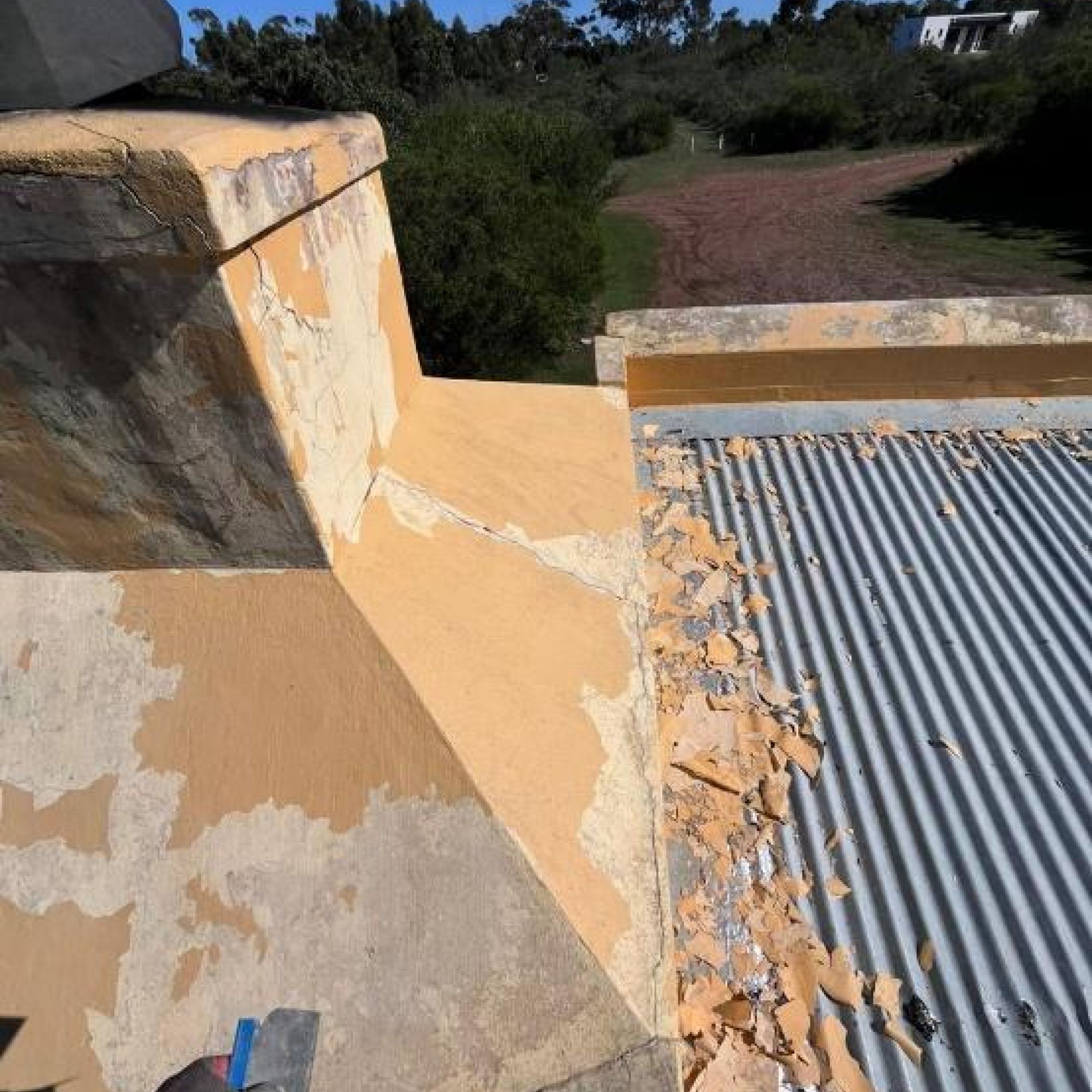
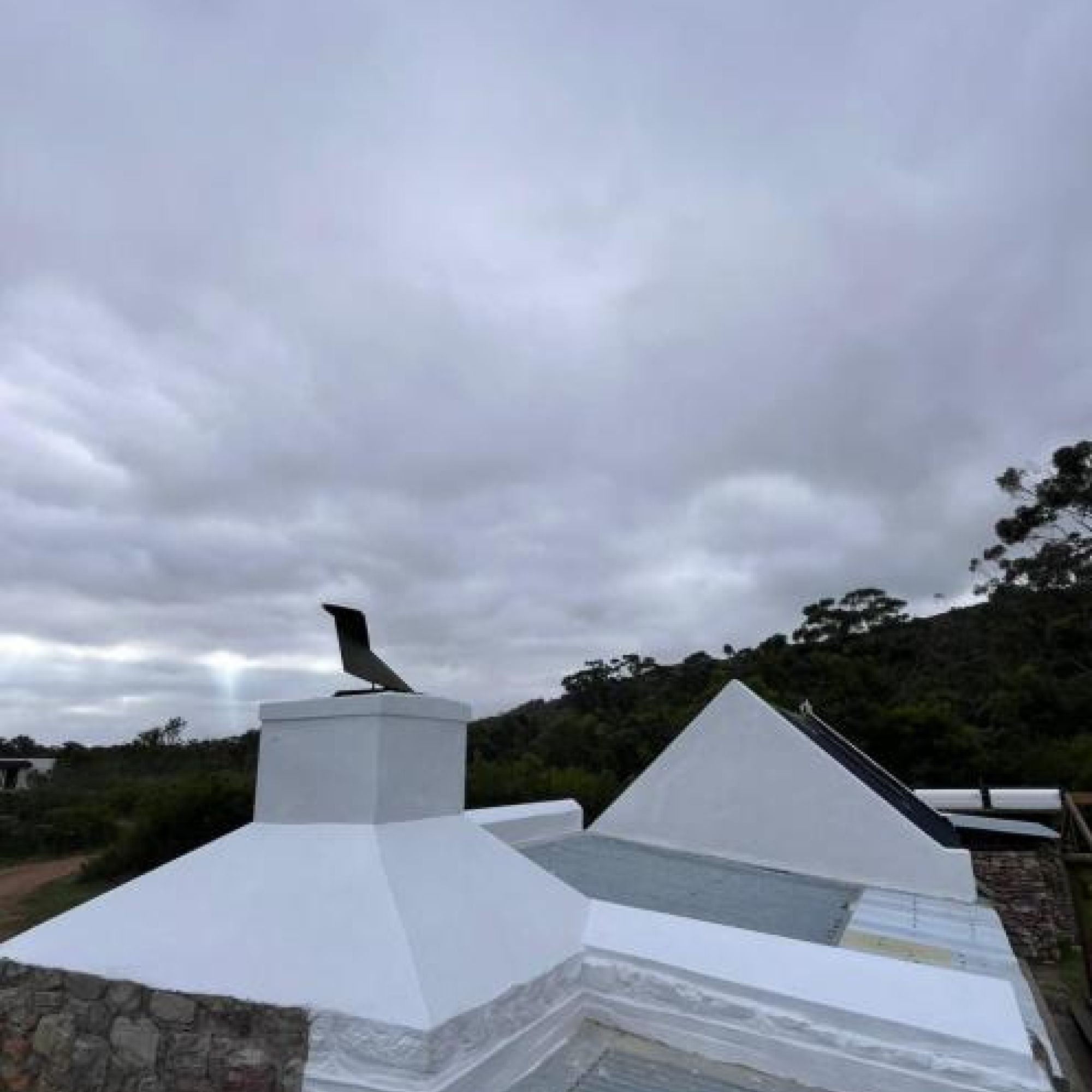
Exterior wall was repainted.
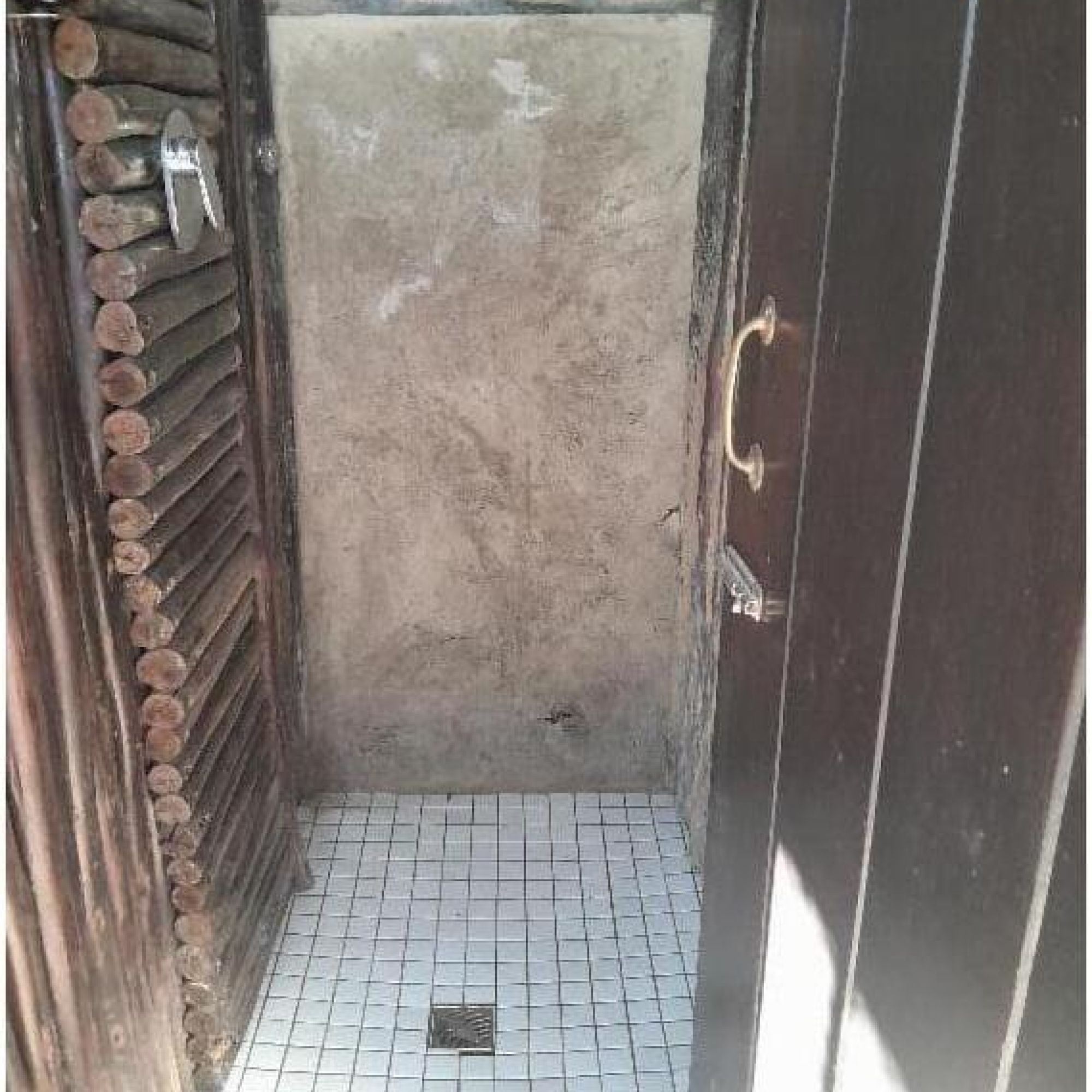
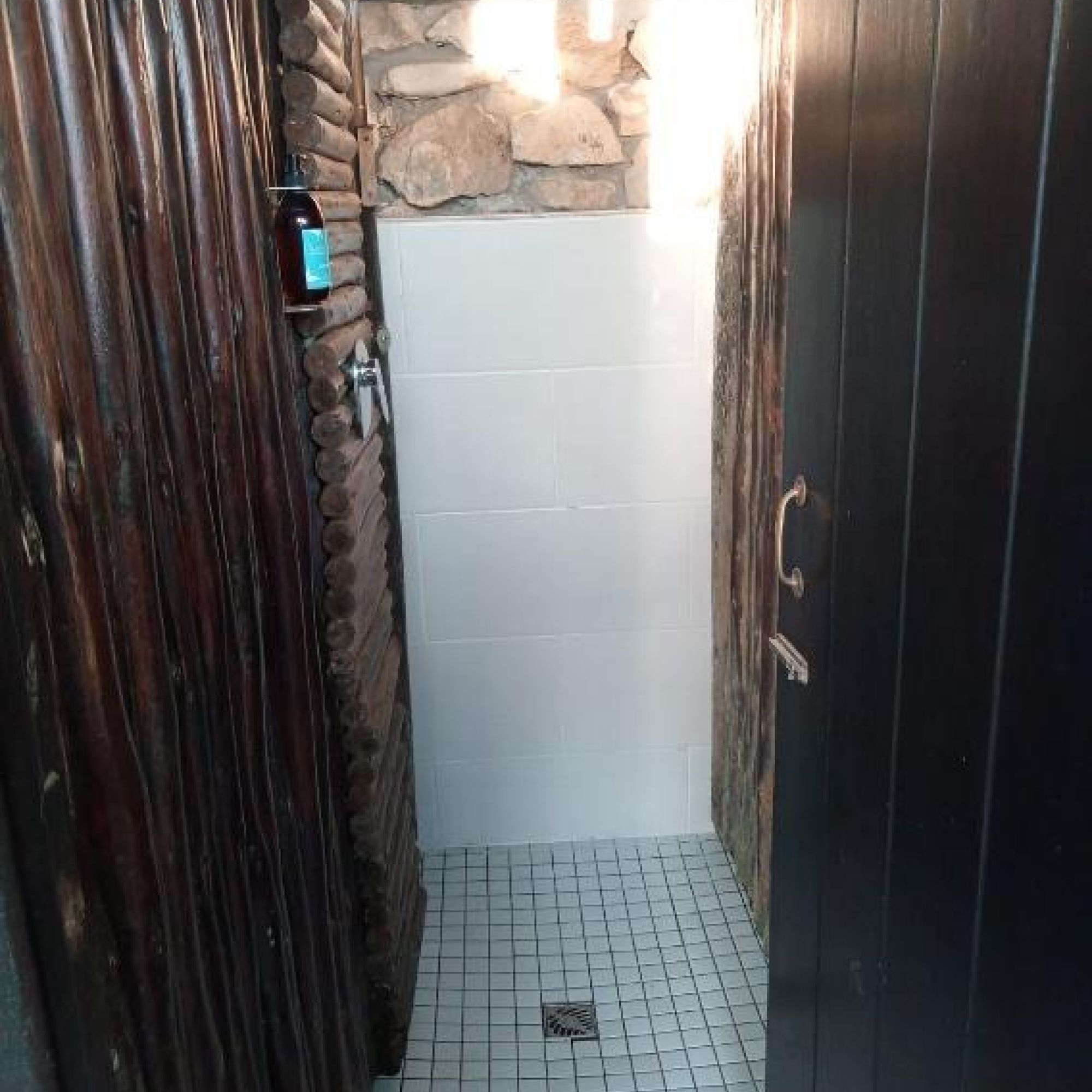
Latte in the shower was sanded down and re-varnished.
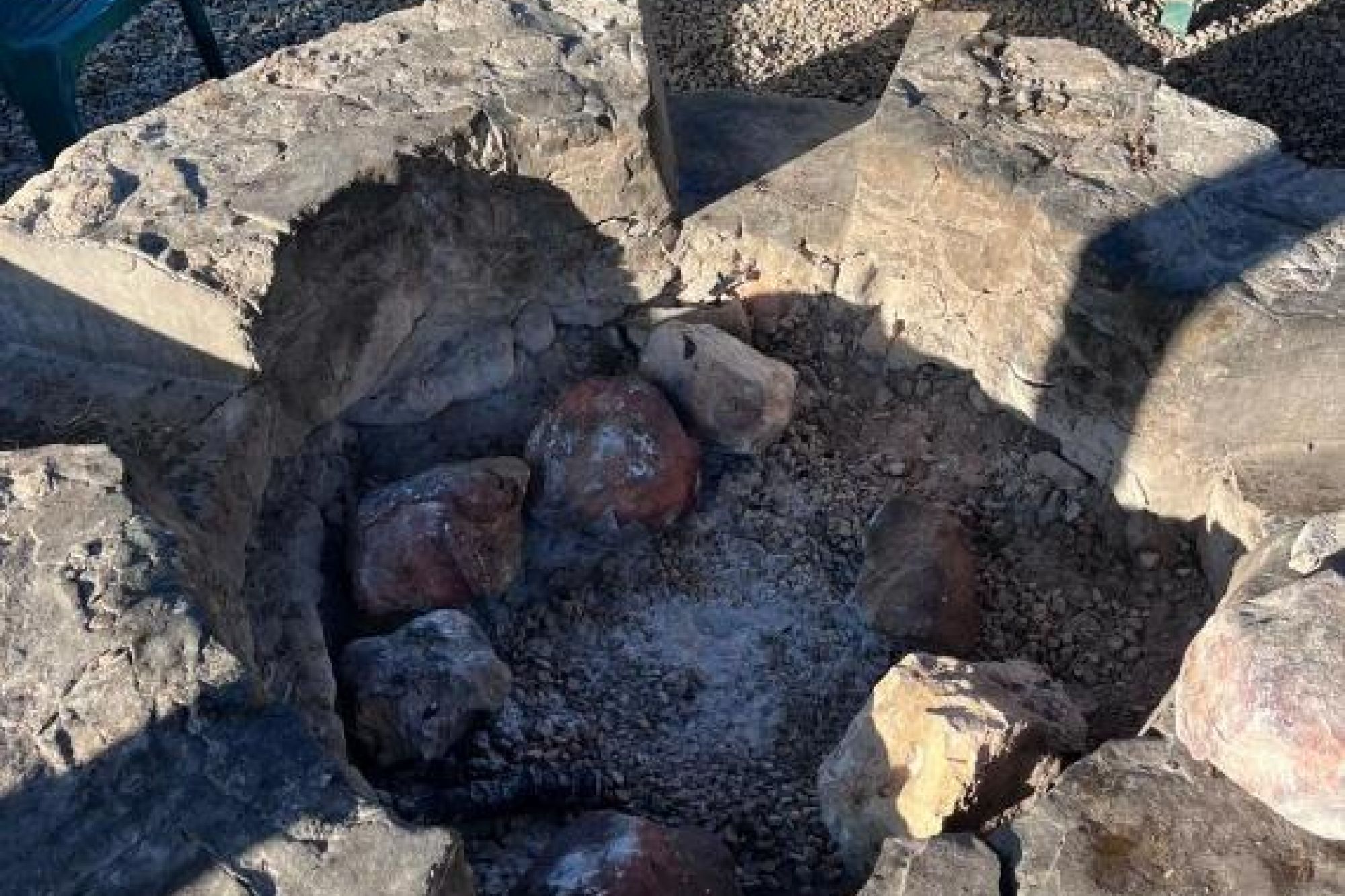
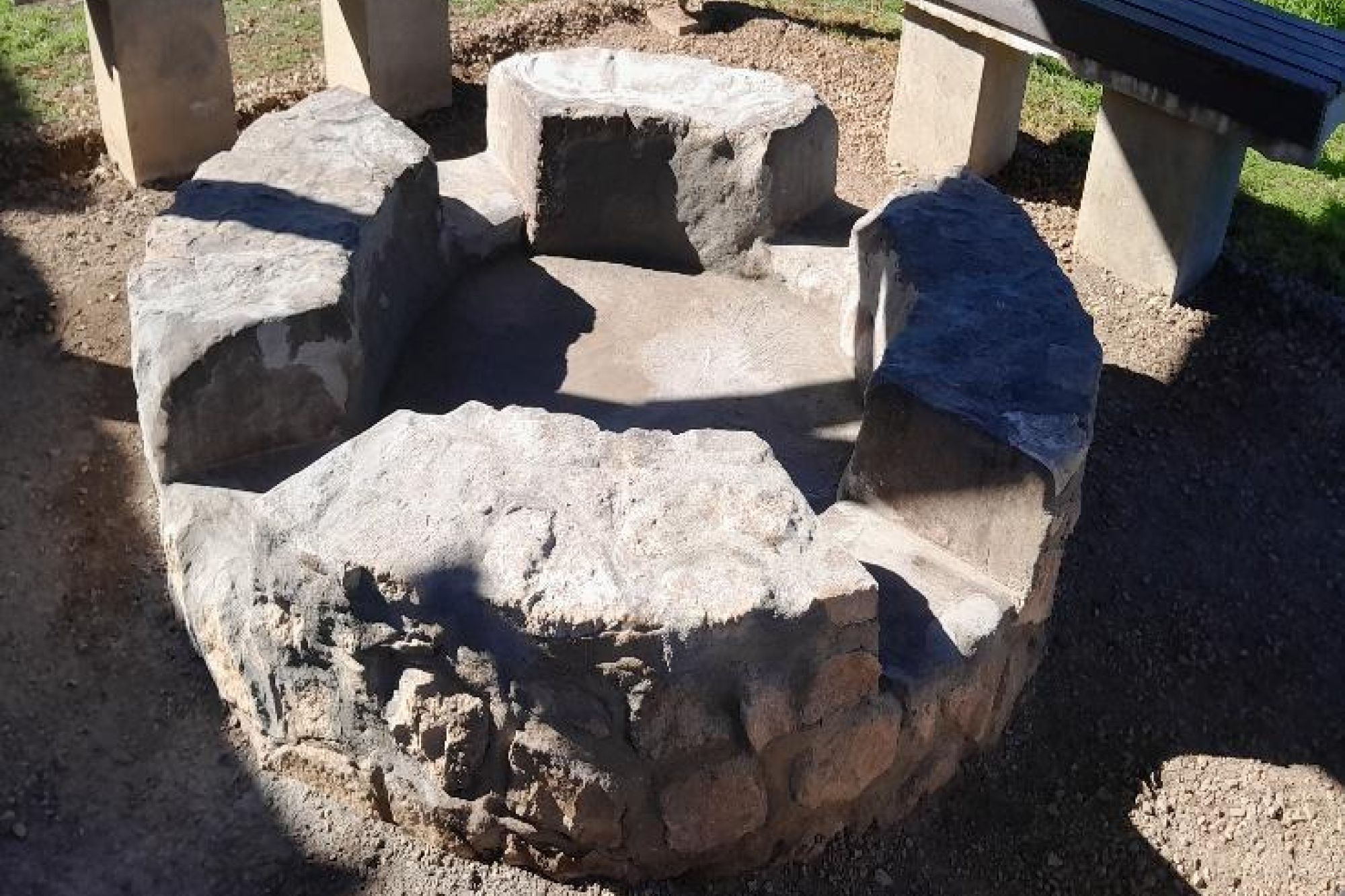
Potberg hut fire pit was rebuilt and plastered (inner circle and walls).
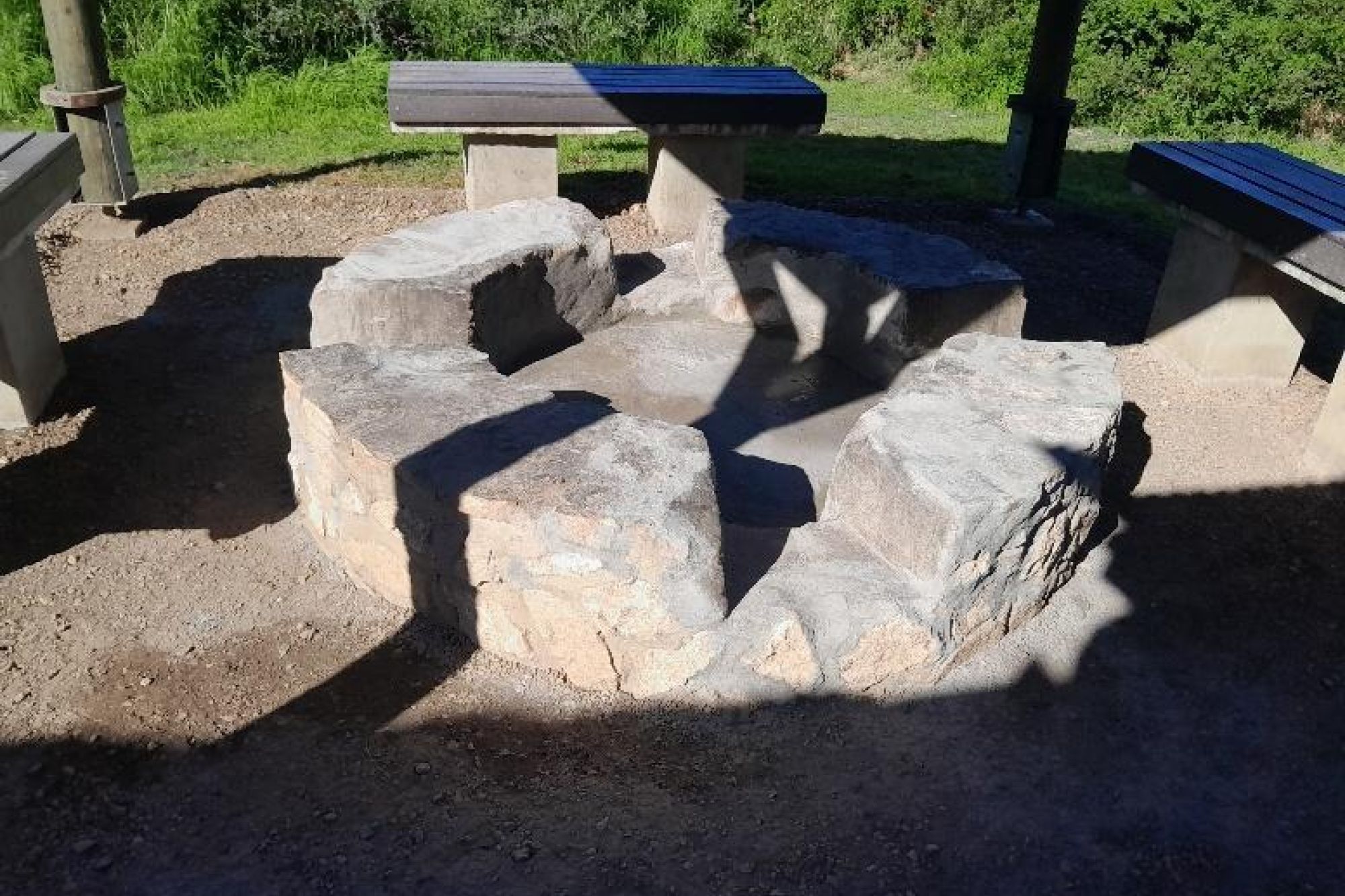
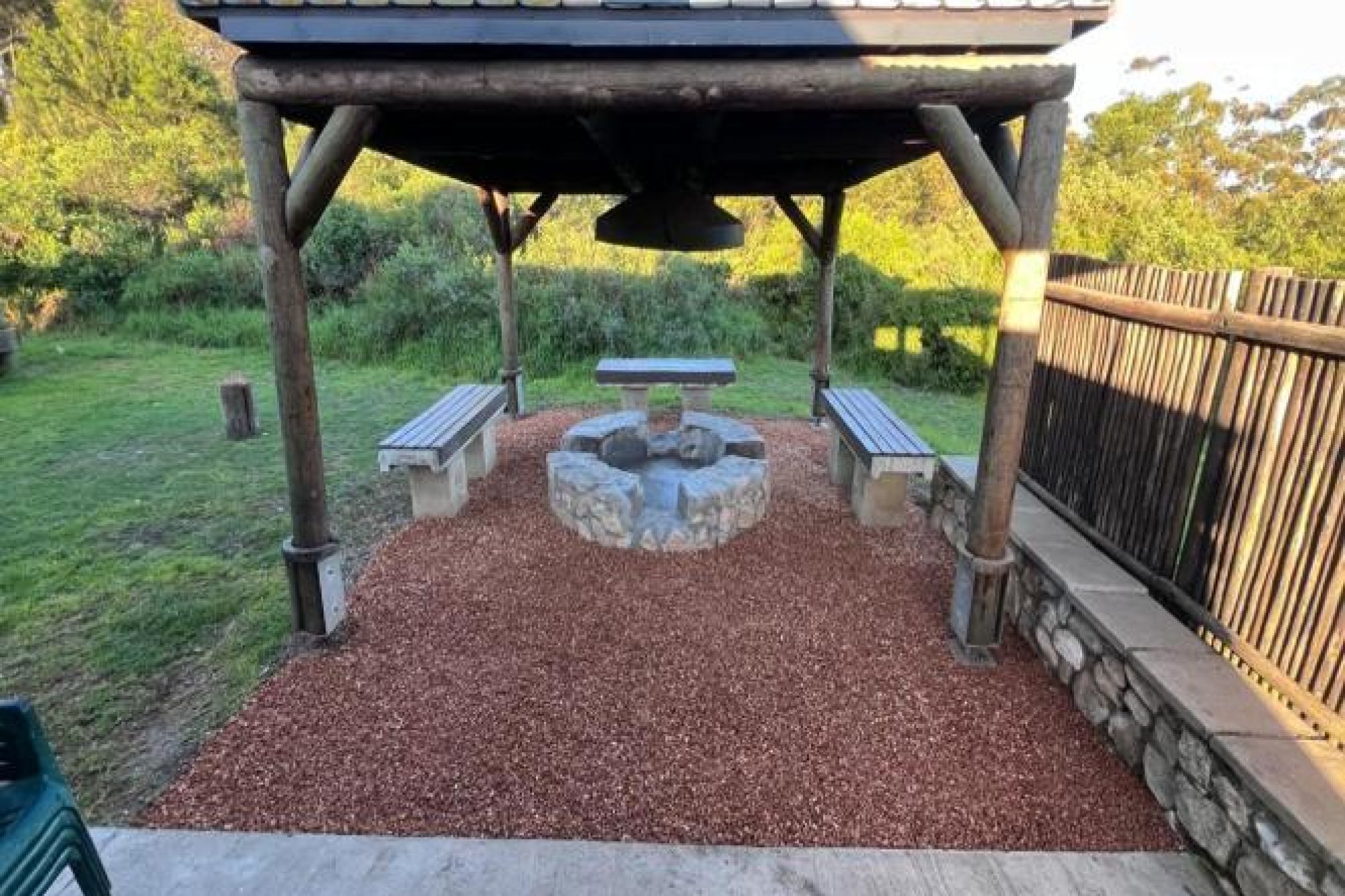
Walk-on stone chips surrounding the braai area at Potberg hut.
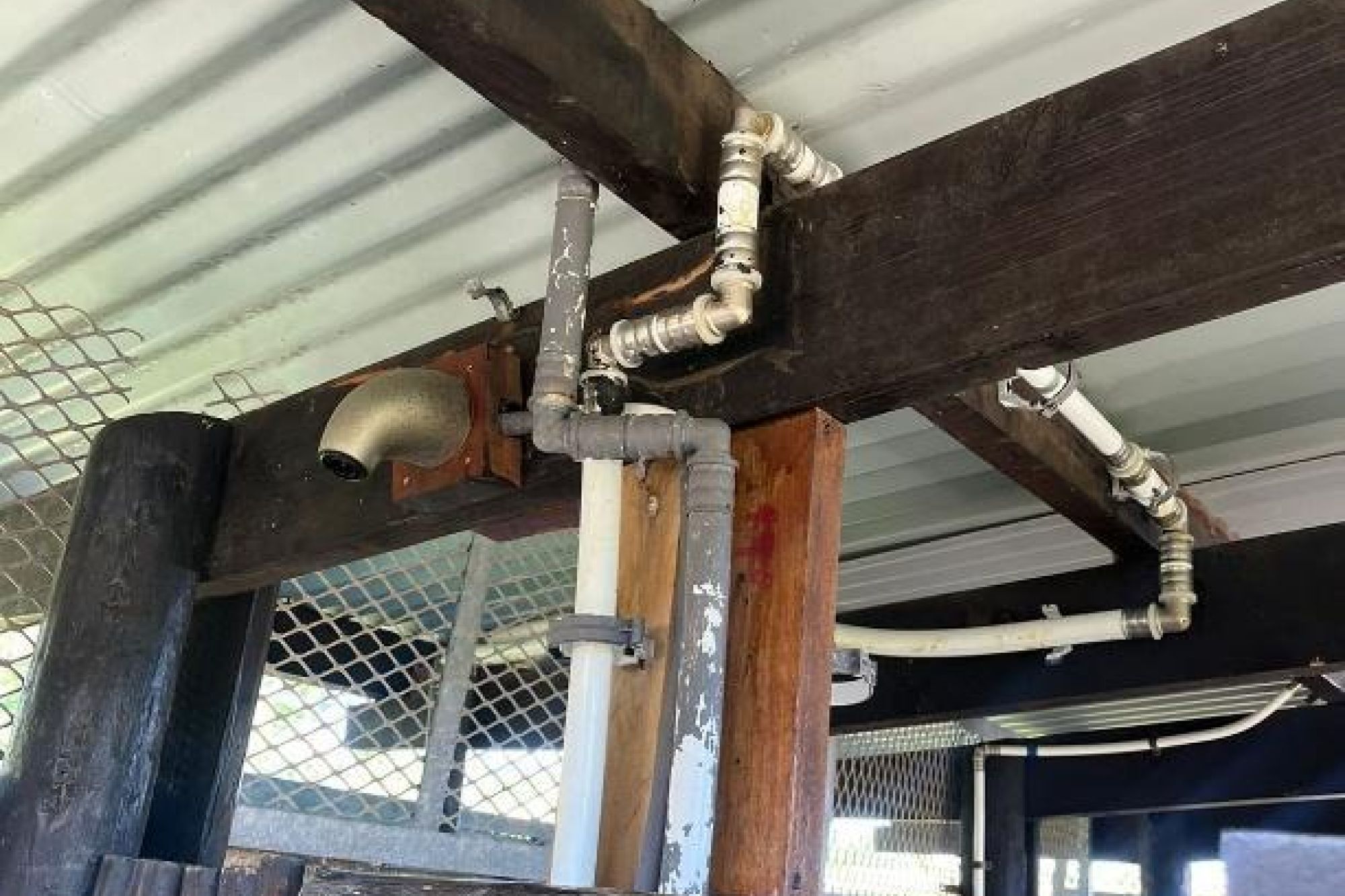
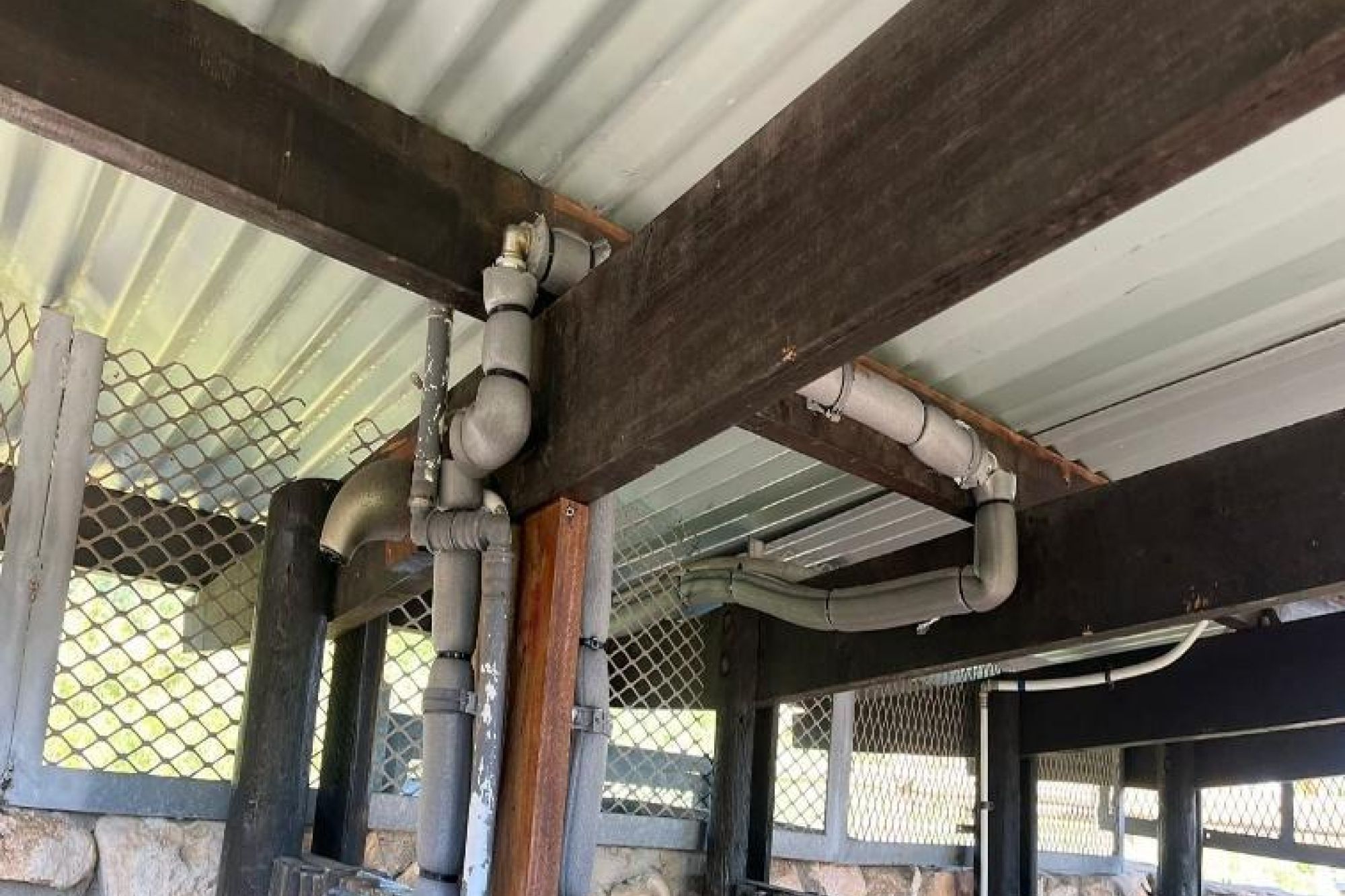
Hot water pipe insulation was broken off by the baboons in the ablution facility and new insulation was fitted and secured.
At Cupidoskraal, maintenance involved replacing shower doors and frames, repainting and treating mould-affected bedroom walls, installing a new IOS ceiling with an extractor fan, and laying an epoxy floor in the bathrooms. Kitchen units were upgraded, and all aluminium fittings—such as window and door seals, hinges, and handles—were checked and repaired across the huts.
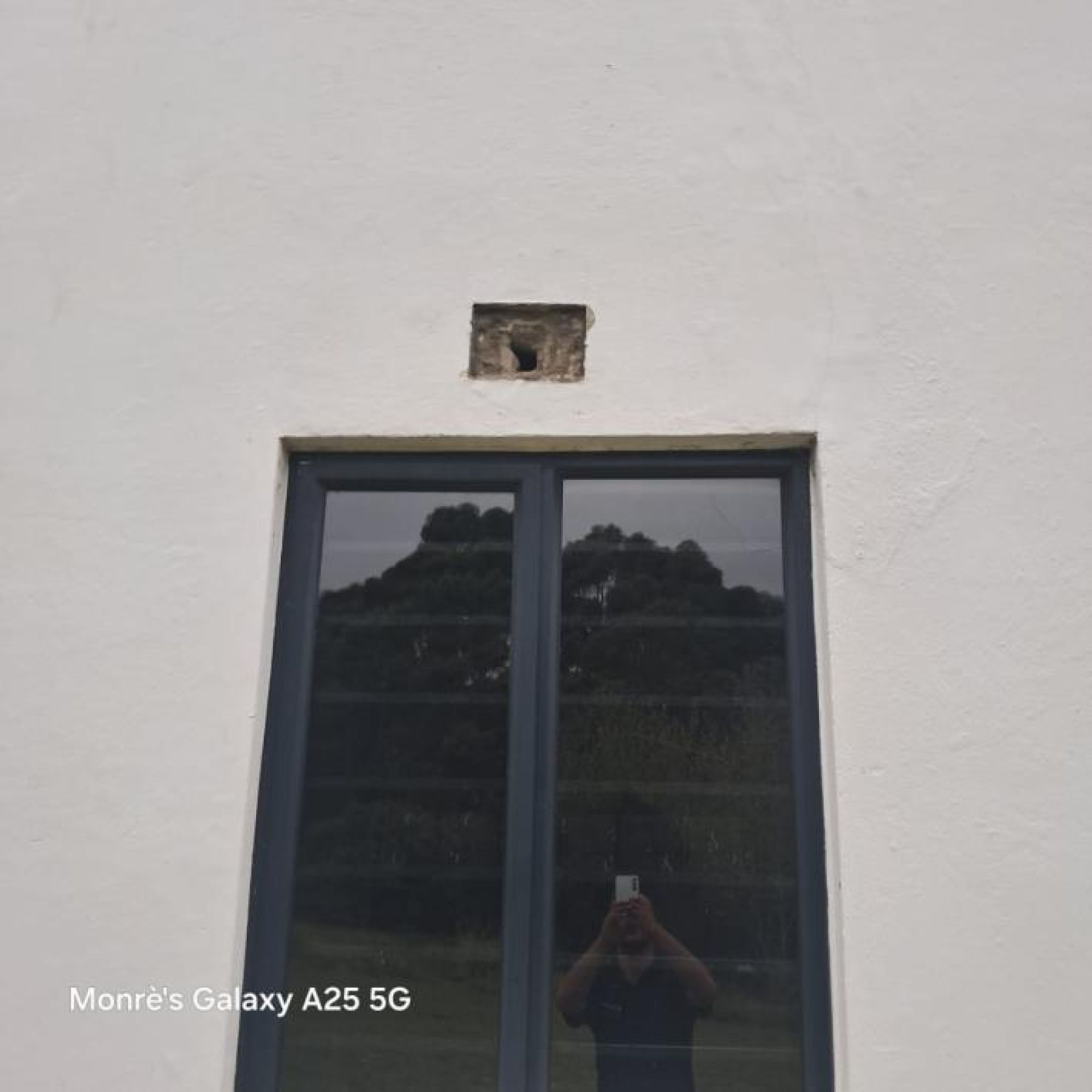
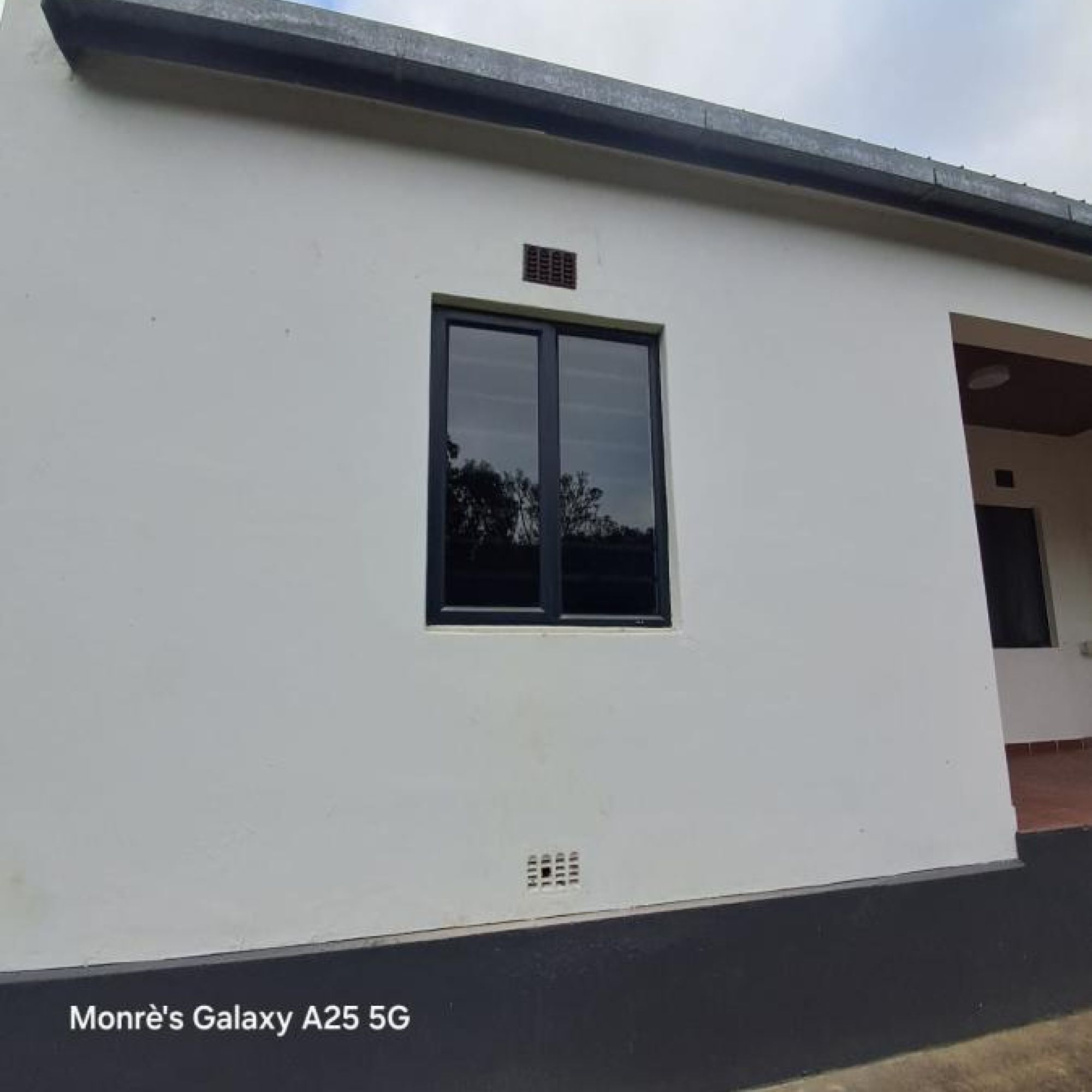
New ventilation vents was installed.
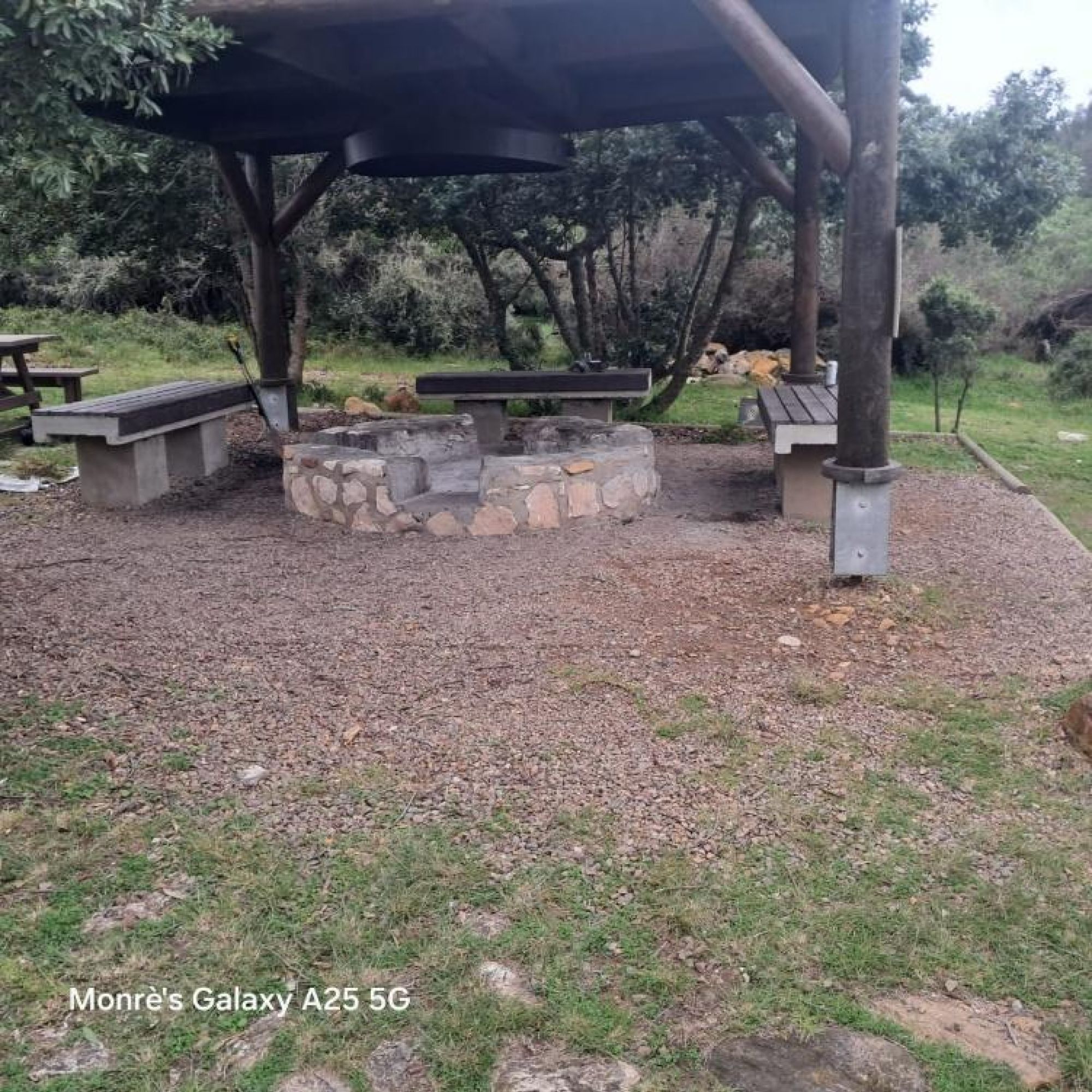
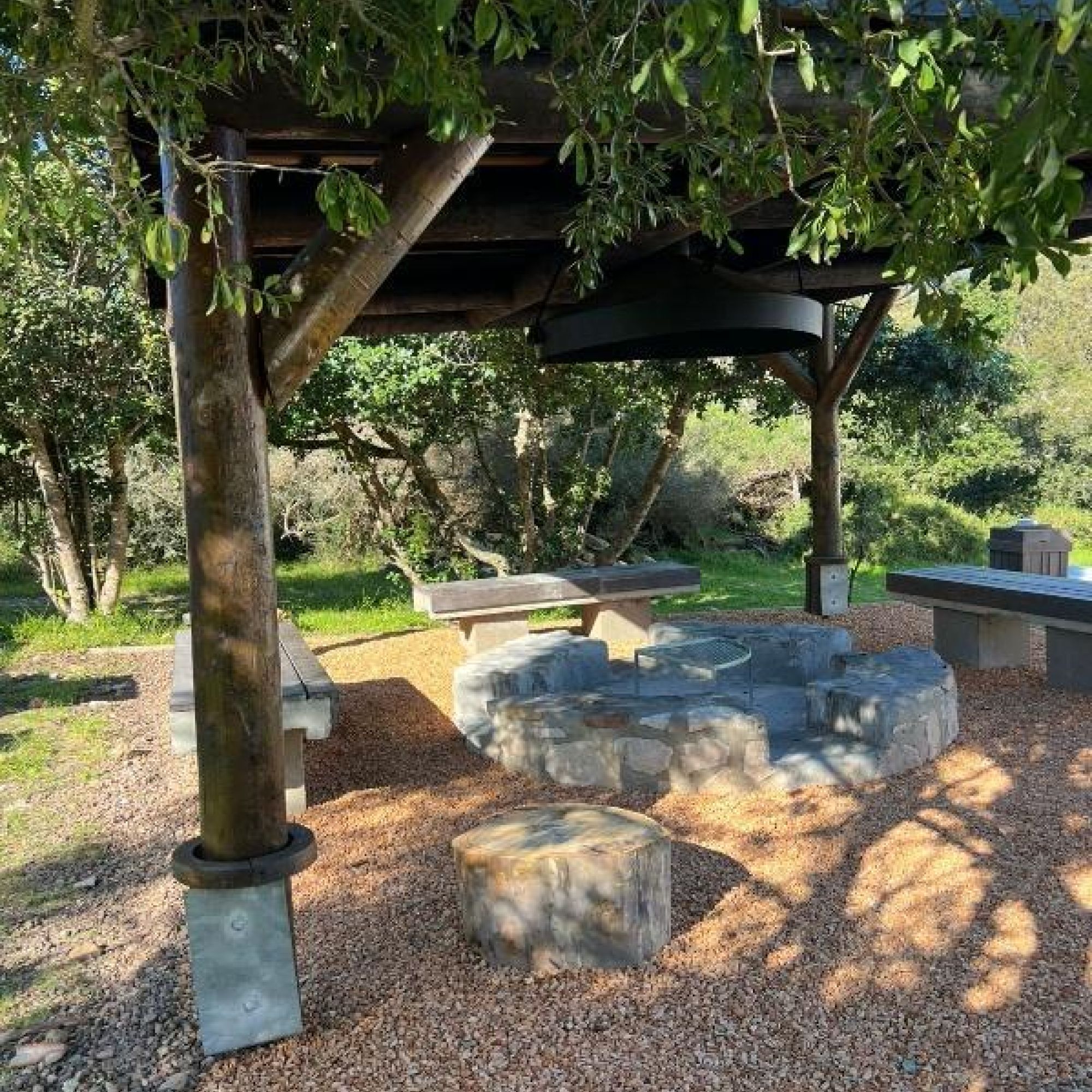
Cupidoskraal hut fire pit was rebuilt and plastered (inner circle and walls) & walk-on stone chips surrounding braai area.
At Noetsie Hut, improvements included repainting kitchen walls, retiling the shower, and filling open spaces with crushed gravel.
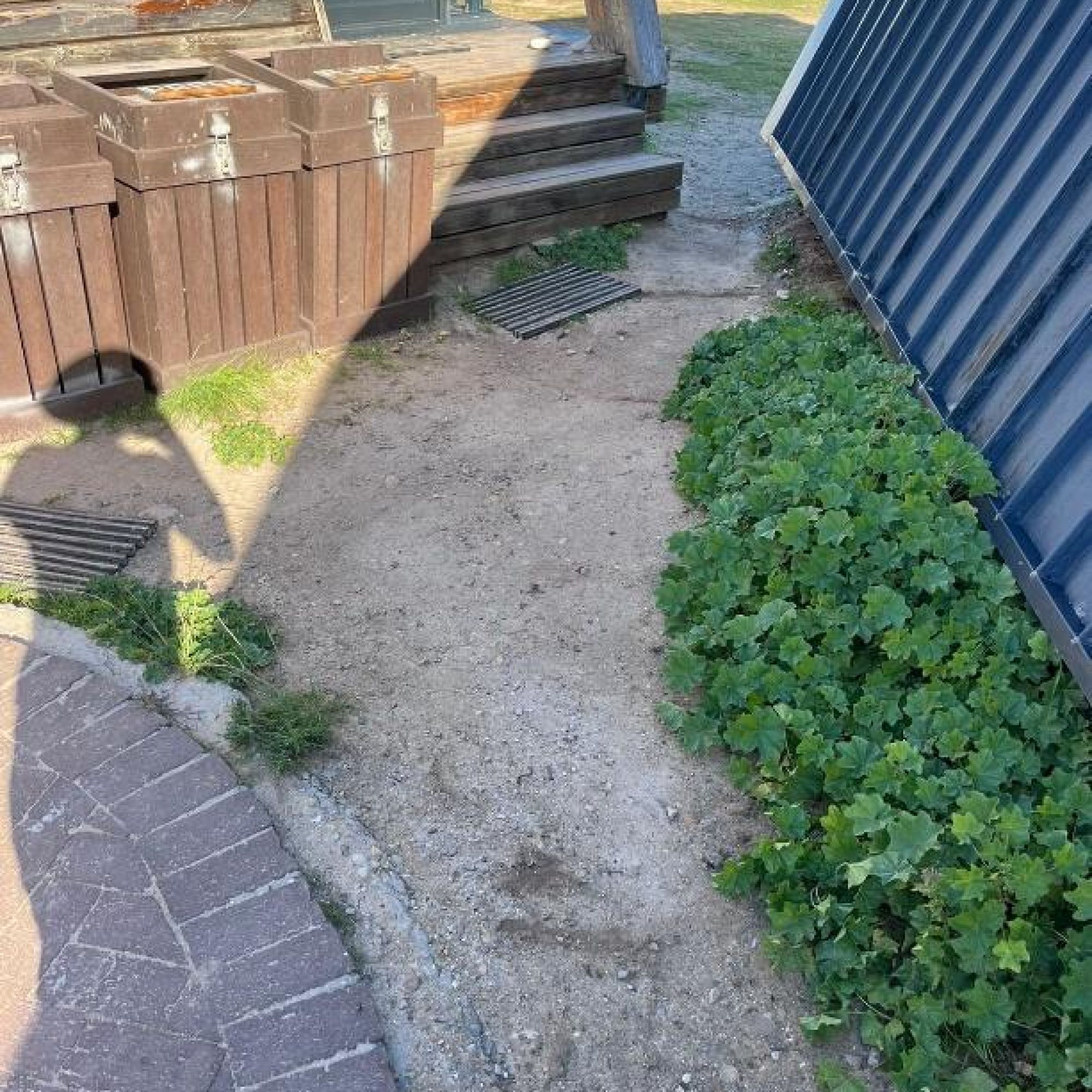
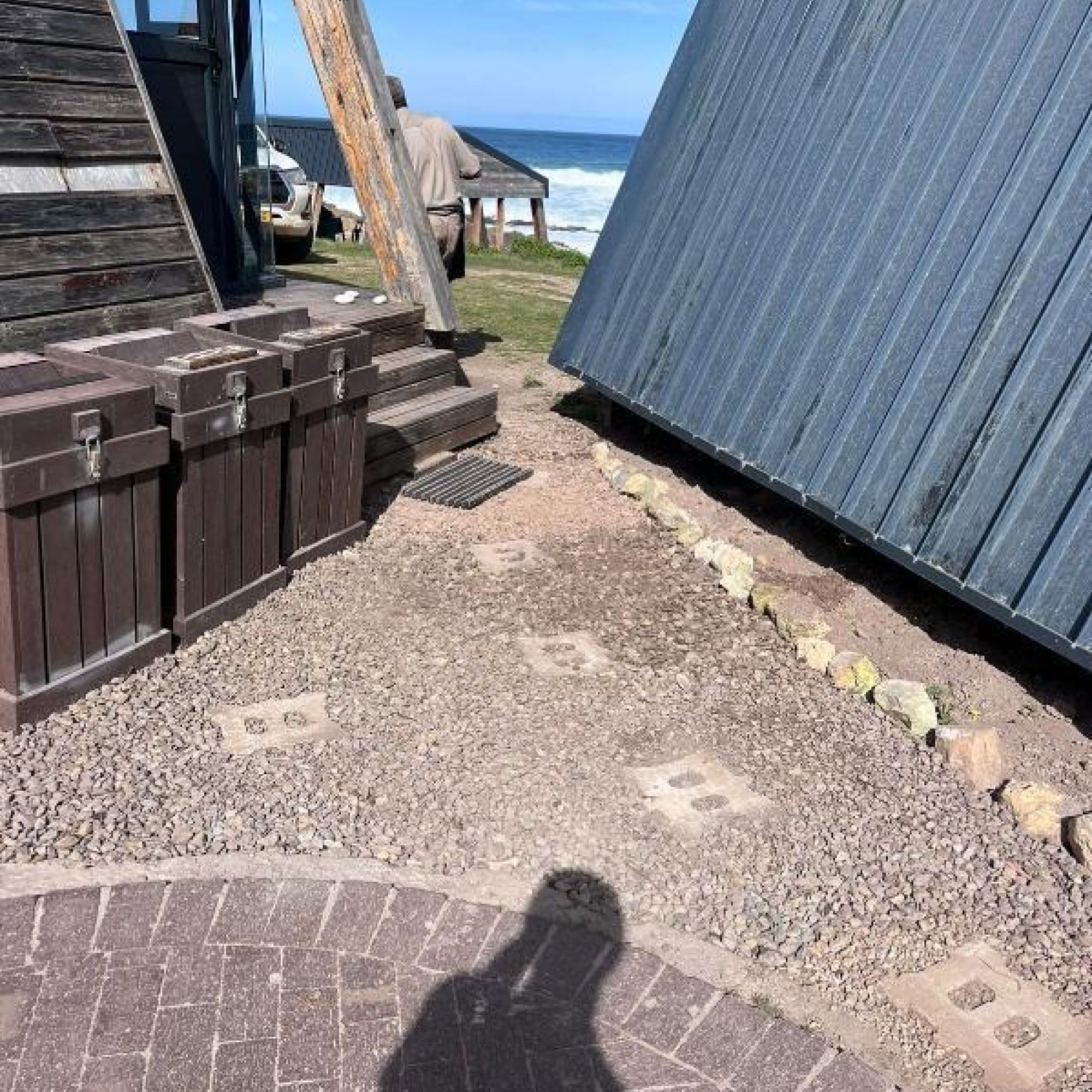
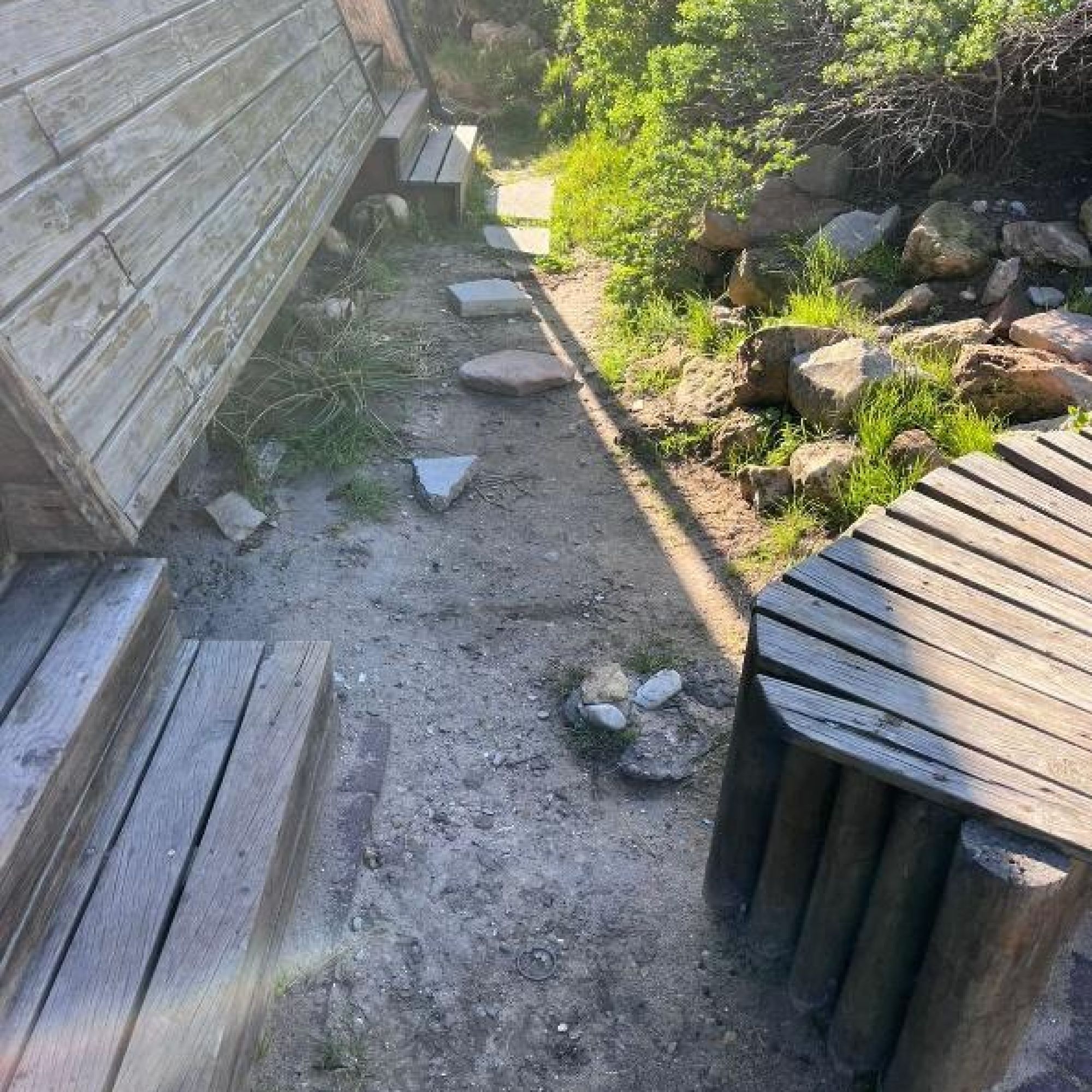
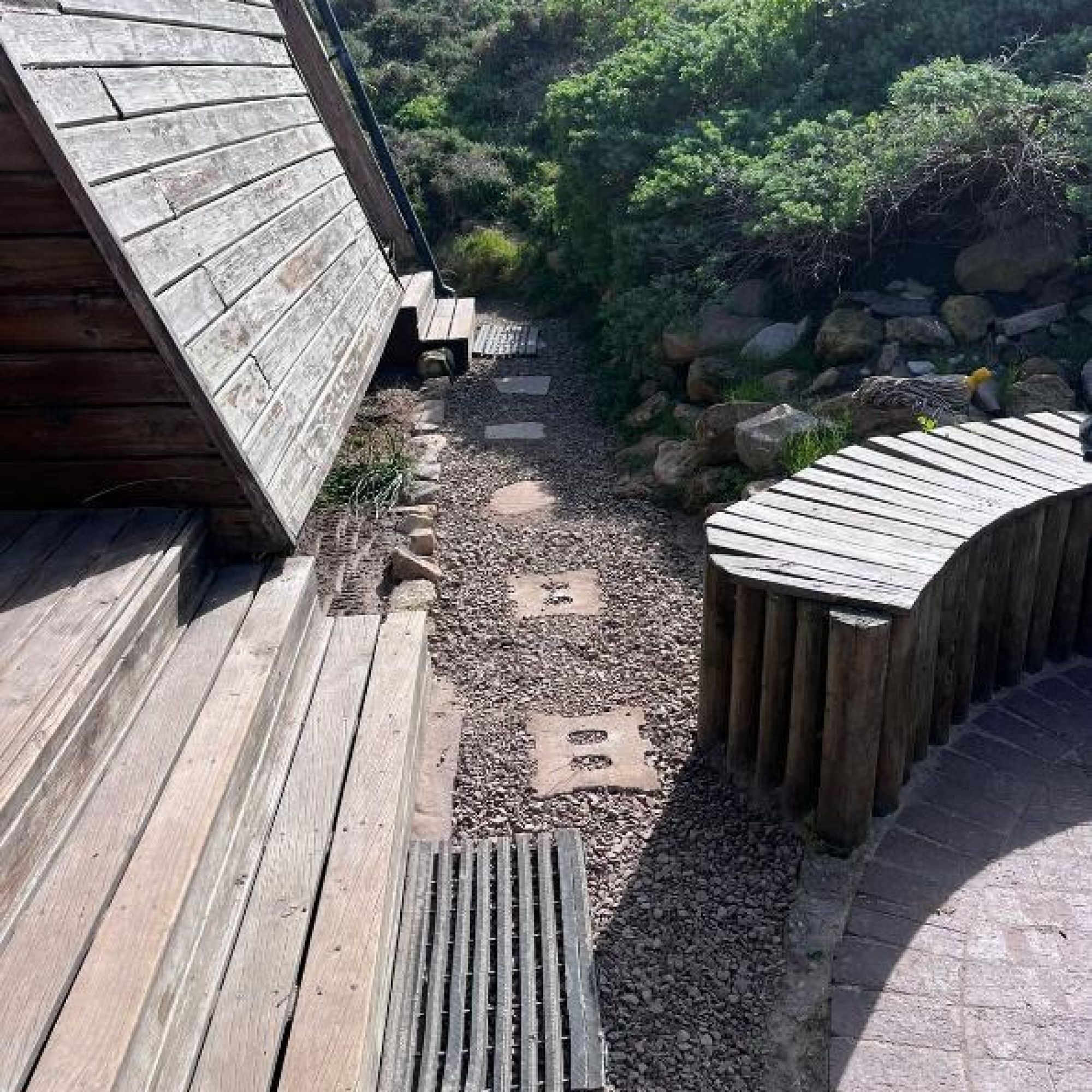
Landscaping around the hut has been refreshed and neatly maintained.
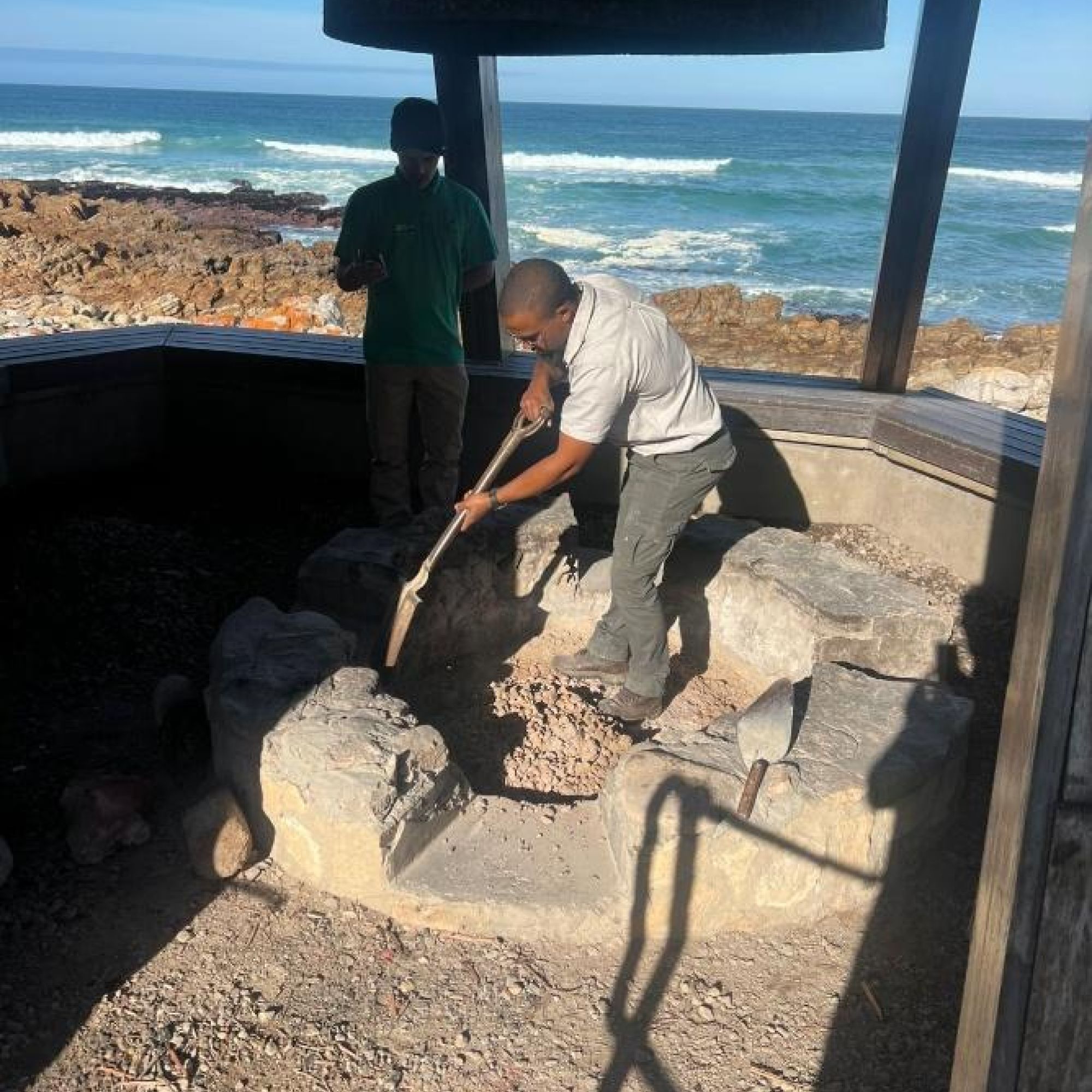
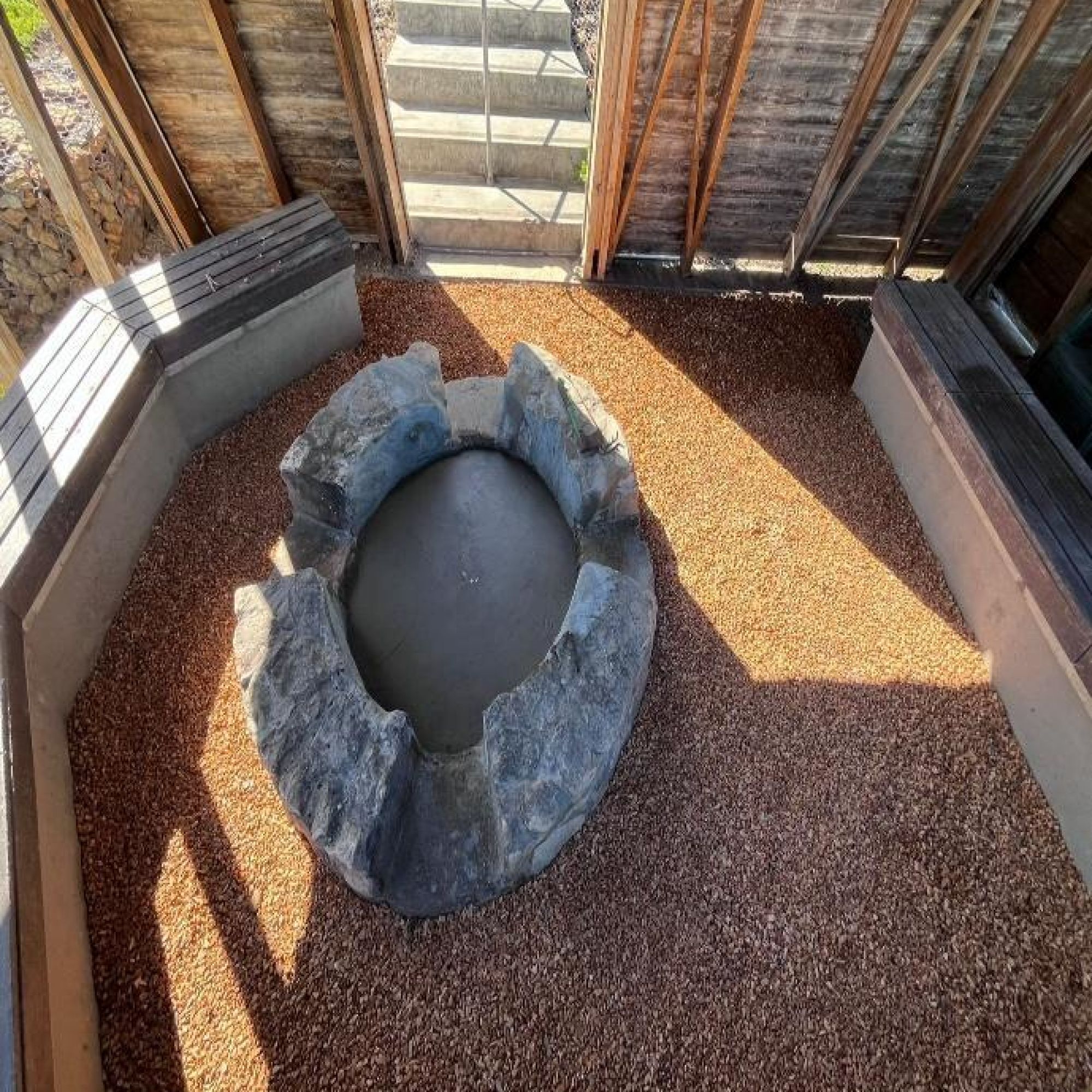
Noetsie hut fire pit was rebuilt and plastered (inner circle and walls) & walk-on stone chips surrounding the braai area.
The wooden deck at Hamerkop Hut was also reinforced to ensure long-term safety and durability.
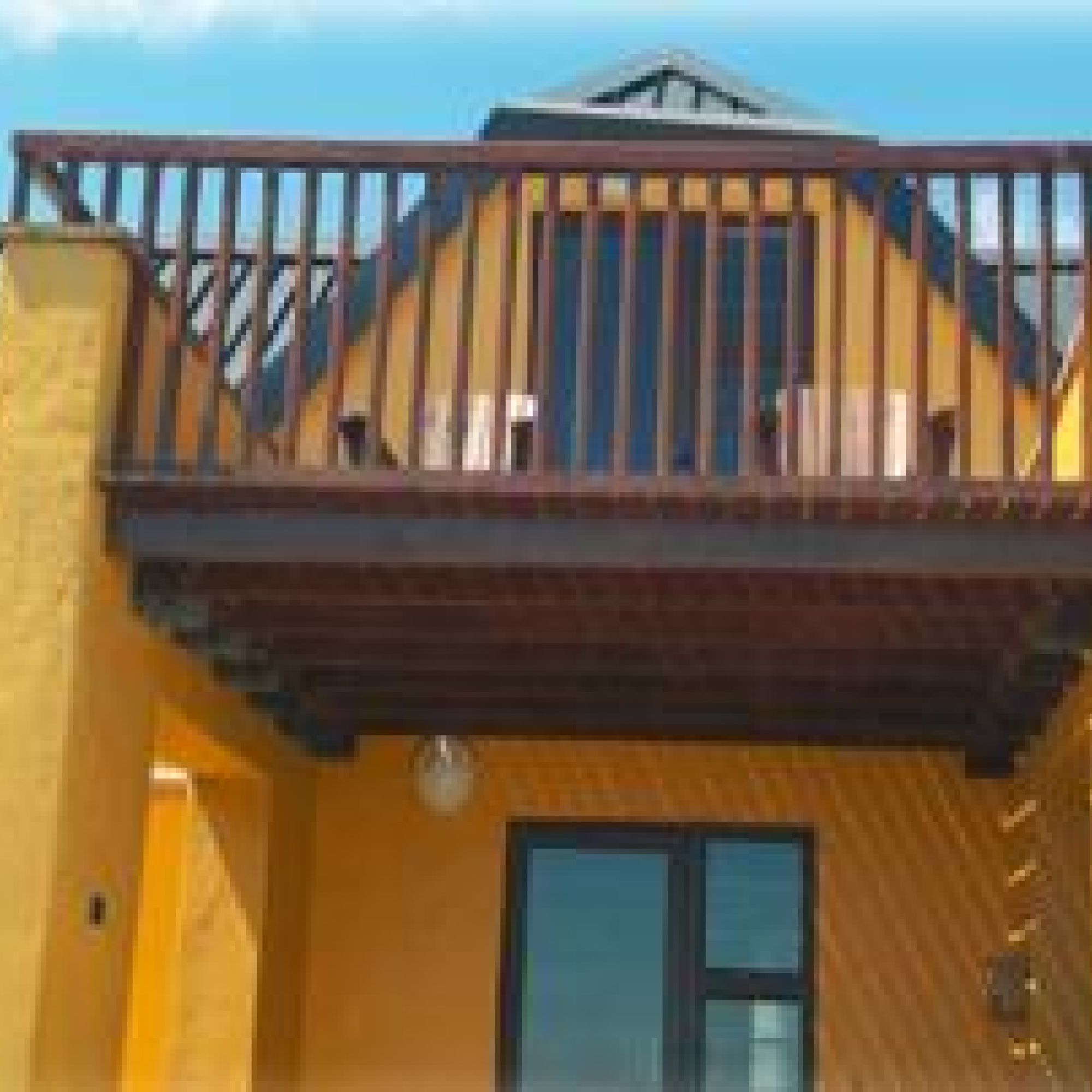
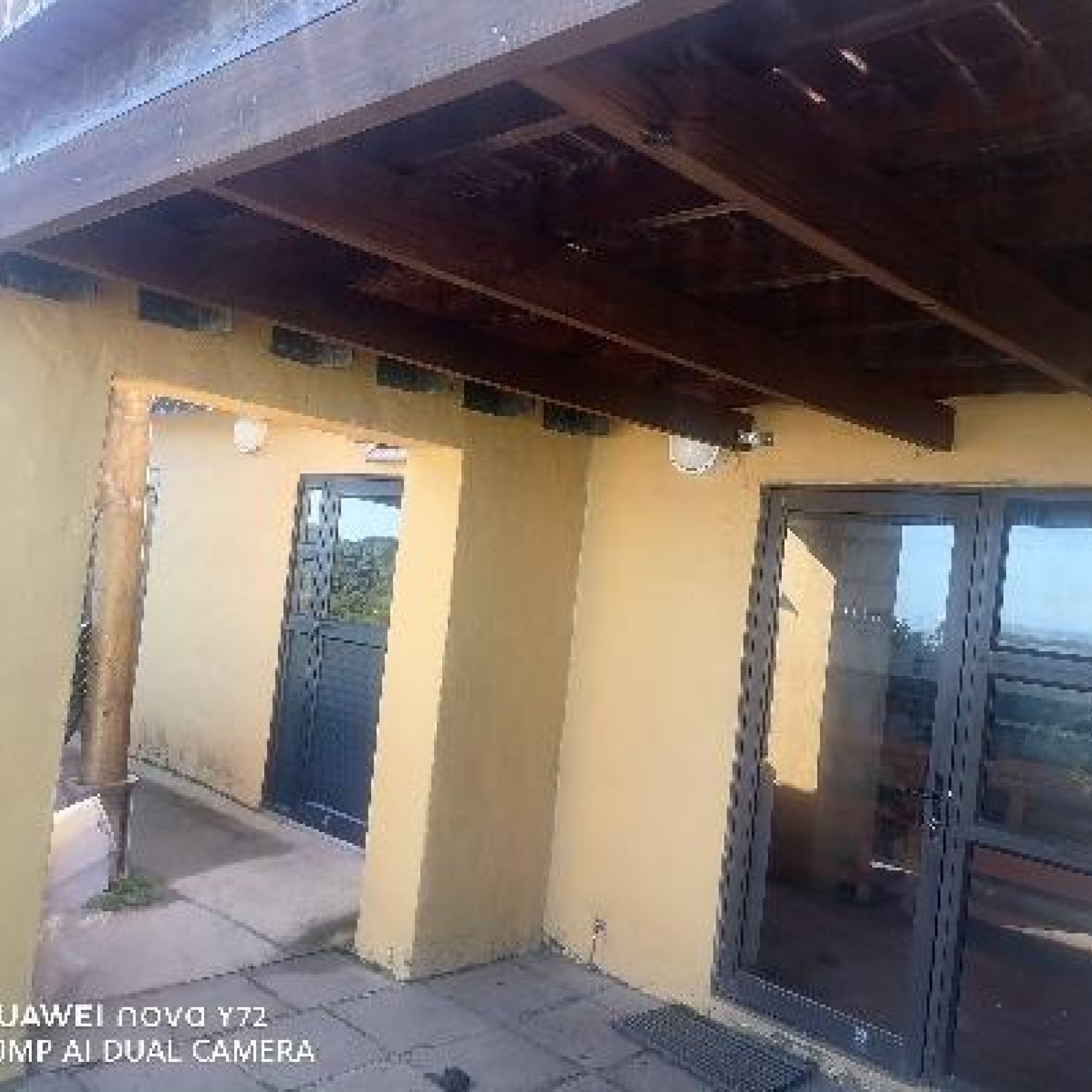
Hammerkop deck was reinforced with supporting beams from underneath.
CapeNature has appointed NEW Consulting engineers, the original designers of the water reticulation system for the Whale Trail. They will conduct assessments of the extent of the current water issues being experienced on the Whale Trail with specific reference to Vaalkrans. The engineers will design and recommend a more efficient and robust system to be installed in the near future to ensure continued and uninterrupted water supply to the cabins.
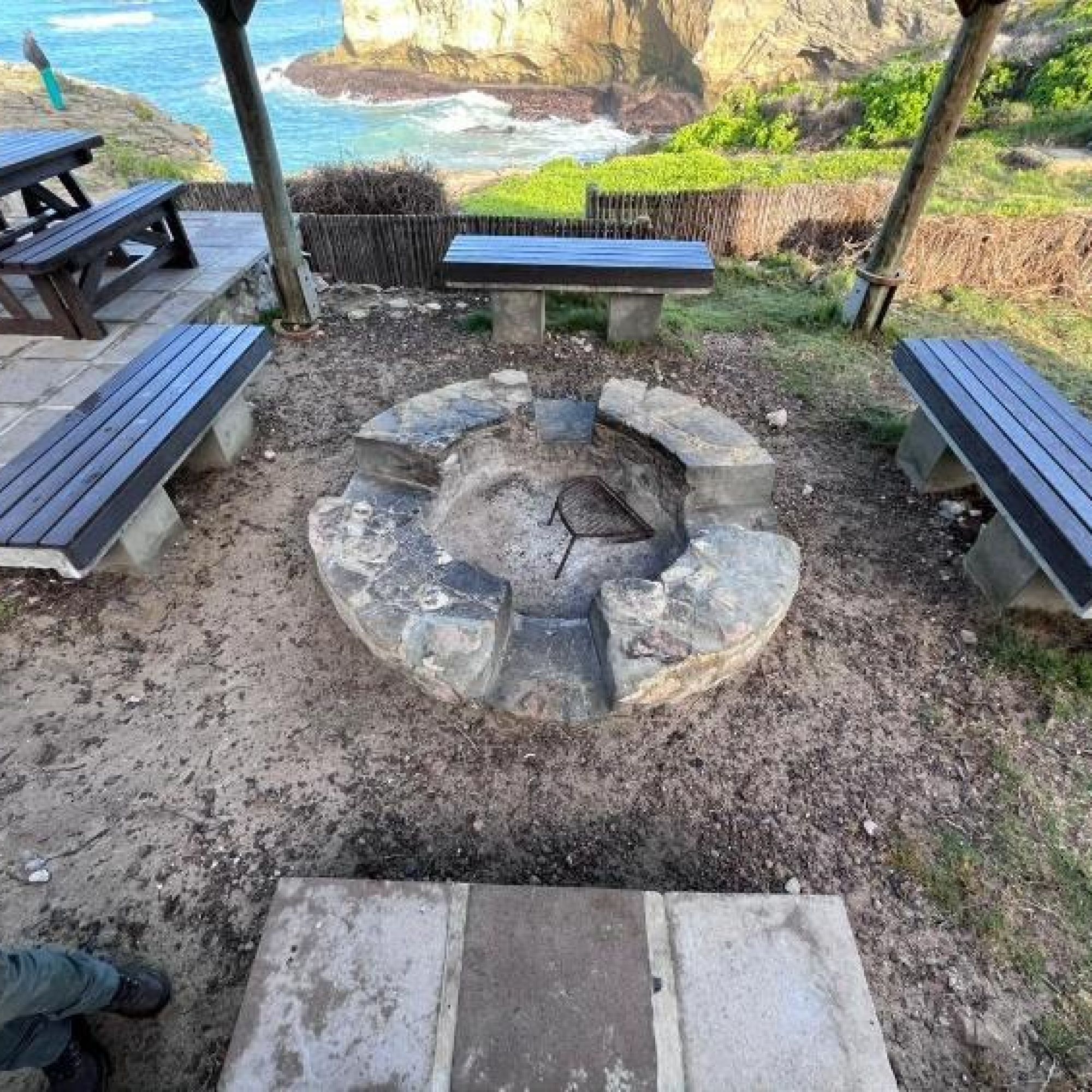
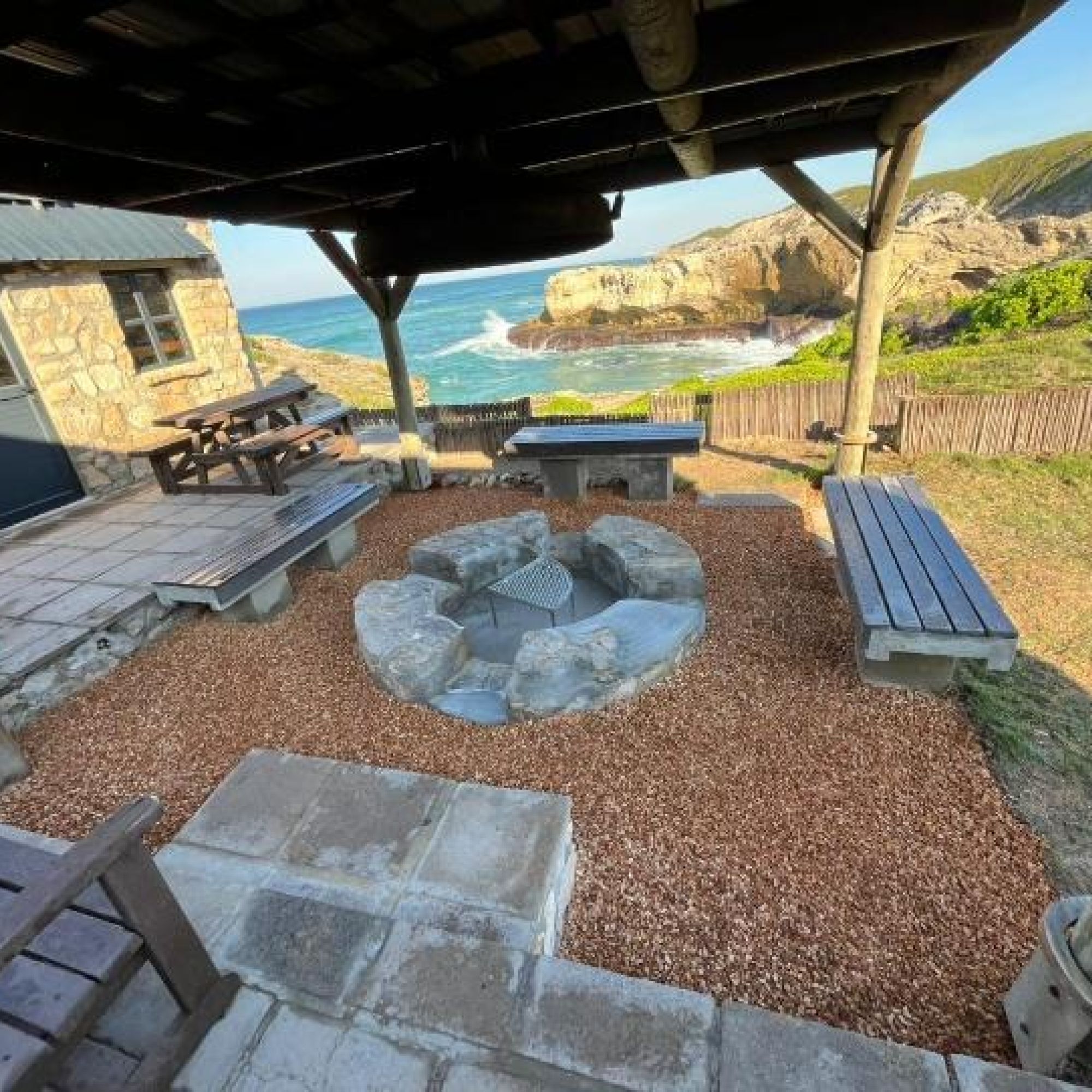
Vaalkrans hut fire pit was rebuilt and plastered (inner circle and walls) & walk-on stone chips surrounding braai area.
These comprehensive upgrades have helped futureproof the Whale Trail’s infrastructure and elevate the overall visitor experience. A more extensive two-month closure is planned for in May 2026 and visitors also help to maintain the trail through considered water usage, switching the battery powered lights off and making use of the facilities in the correct way. We appreciate our visitor’s commitment to duty of care when using our infrastructure touching the Earth lightly.
Alien invasive species, which is a global challenge, have an impact on both the reserve’s biodiversity and the condition of the Whale Trail. The allocation of funding available for clearing of invasive alien plants must cover all the Provincial Reserves under CapeNature’s management. To this end, the Entity strategically prioritises Protected Areas in relation to freshwater security, threatened ecosystems and threatened species, to ensure the maximum investment of these rands. Each Protected Area also undergoes an annual verification of invasive alien plants while not always obvious, numerous biological control agents are hard at work on De Hoop, attacking alien invasive plant species.
We recognise that the Whale Trail is a bucket-list experience for hikers and central to our tourism facility offerings. While these closures may cause short-term inconvenience, they are essential to ensuring a safe, enjoyable, sustainable and a well-maintained experiential product for years to come.
We appreciate the patience and understanding of all our visitors and partners as we work to restore the Whale Trail to the high standard it demands.
Related News
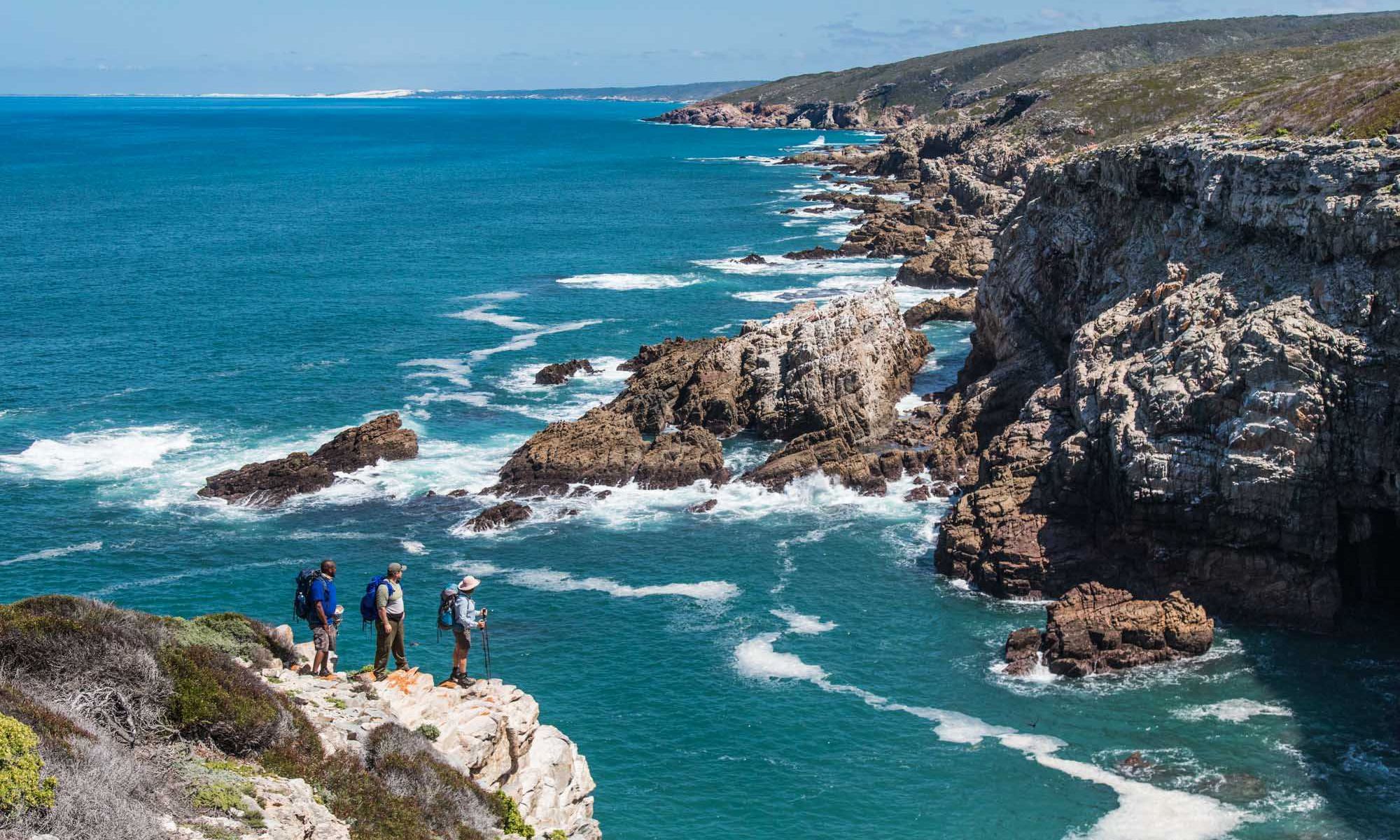
CapeNature and NRF-SAIAB Team Up for Marine Conservation in De Hoop MPA
In celebration of Marine Protected Area Day, celebrated annually on August 1, CapeNature and the National Research Foundation (NRF) are proud to highlight their ongoing efforts to protect marine life through the Acoustic Tracking Array Platform (ATAP) in the Western Cape’s Marine Protected Areas (MPAs).

Ghosted: First Scientific Record of Albino Honey Badger on De Hoop Nature Reserve
CapeNature granted BirdLife South Africa and Panthera a research permit to undertake a camera trap survey at De Hoop Nature Reserve. Among the images captured was an extremely rare albino honey badger (Mellivora capensis).

The iconic Whale Trail has reopened after an extensive revamp
The iconic and world-class Whale trail hike in the De Hoop Nature Reserve will reopen on Wednesday, 28 October 2020. CapeNature prides itself on leading the way in sustainable tourism as demonstrated by a continued commitment to nature-based recreational and tourism facilities for local and international visitors to enjoy and explore.